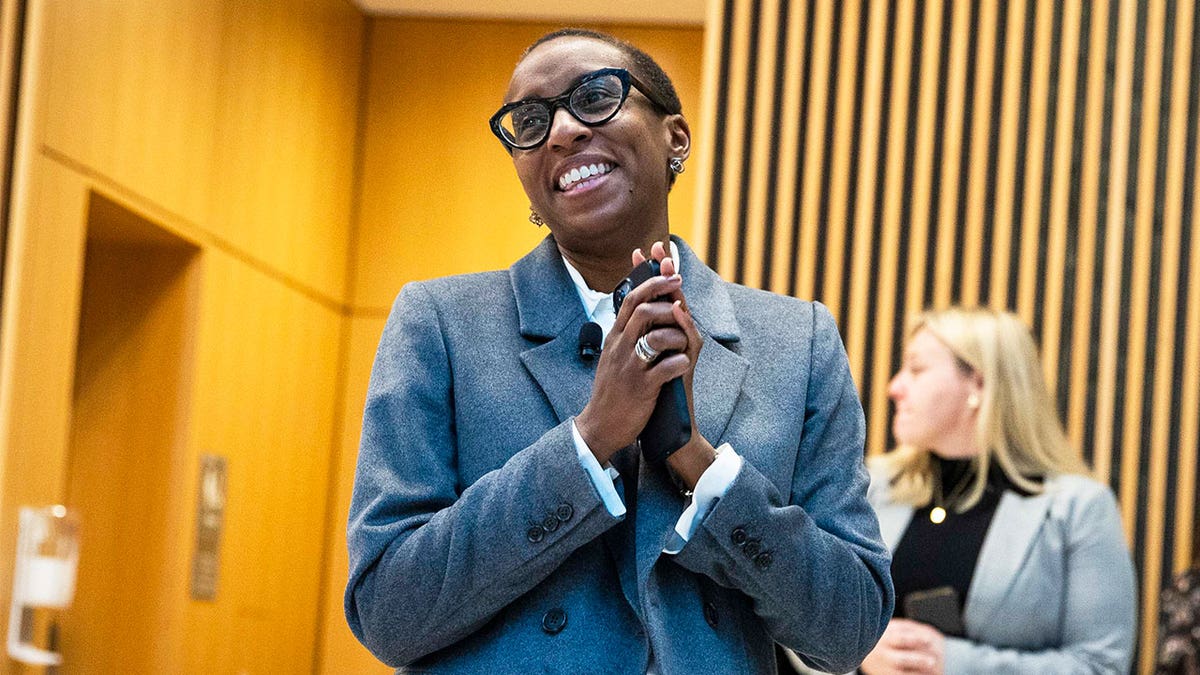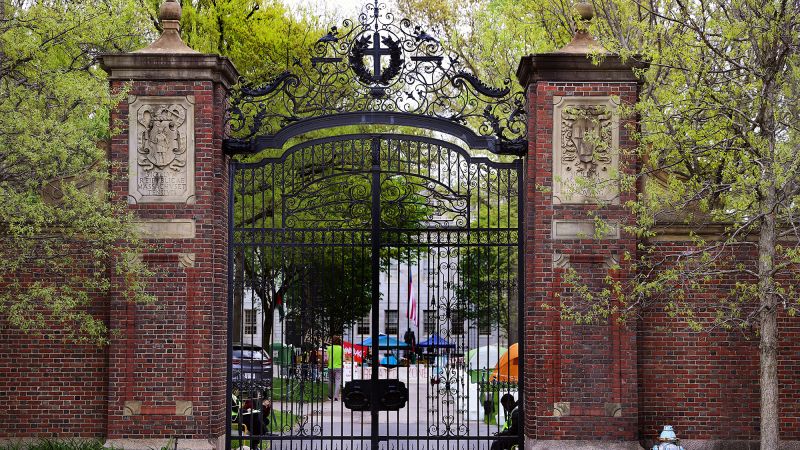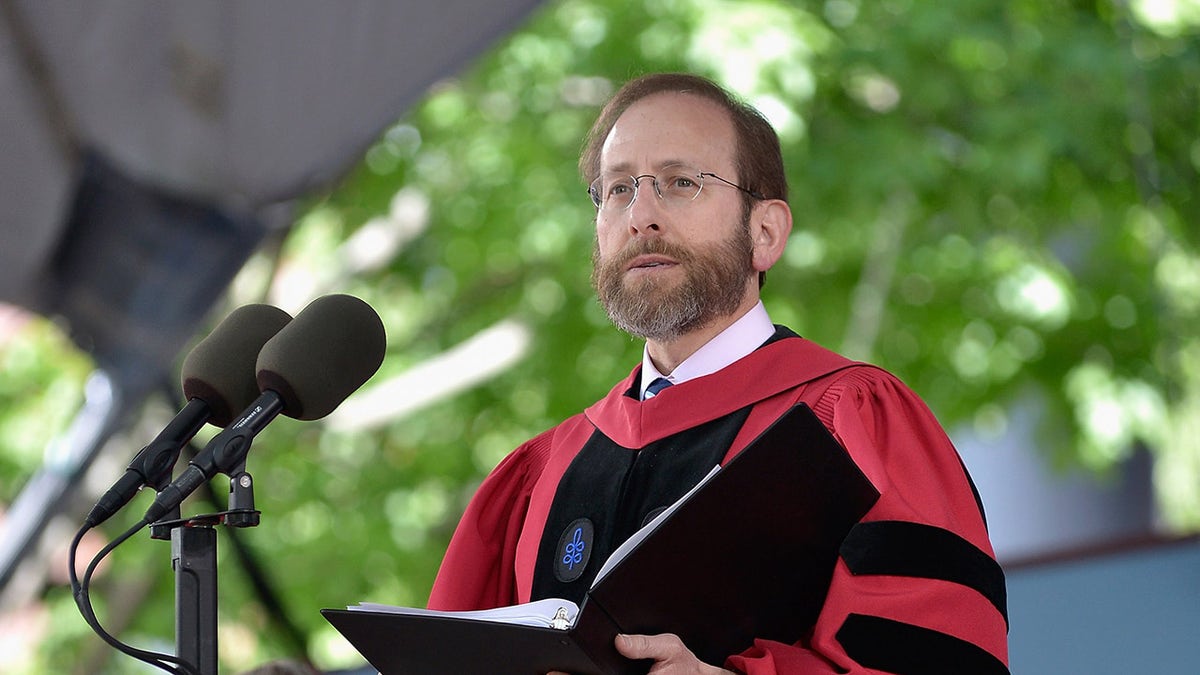
Harvard University, one of the world's most prestigious institutions of higher learning, has announced a new policy to avoid taking public positions on issues that do not directly impact its core function. This decision comes after criticism for the university's handling of various matters and concerns over compromising its integrity and credibility when speaking officially on external matters. The policy change was prompted by a faculty report that concluded Harvard has a responsibility to protect and promote its core function, including defending academic freedom and autonomy when threatened. However, it should not issue official statements about public matters outside of its institutional area of expertise.
The new policy follows a historic period of turmoil at the Ivy League school. In January 2024, Claudine Gay stepped down as president amid controversy and plagiarism allegations. She faced intense pressure following her initial public statements on the October 7 terror attack in Israel and her testimony before lawmakers regarding campus antisemitism.
Harvard leaders formed a working group in April to debate when the university should speak out. The group concluded that Harvard has a responsibility to protect and promote its core function, including defending its autonomy and academic freedom when threatened. However, it should not issue official statements about public matters that do not directly affect the university's core function.
The integrity and credibility of the institution are compromised when the university speaks officially on matters outside its institutional area of expertise. The move comes as Harvard faces criticism for its handling of various issues, including political statements and empathy declarations. Some argue that these statements could alienate members of the community by expressing implicit solidarity with certain groups or viewpoints.
Harvard is not obligated to have a foreign or domestic policy as it is not a government entity. The university's Institutional Voice Working Group, made up of eight faculty members, issued the report and recommendations that were accepted by the administration and governing board. The process of implementing these principles will require time and experience.
Harvard students and individuals are free to make public statements on issues but must clarify that they do not speak for the university as a whole.






